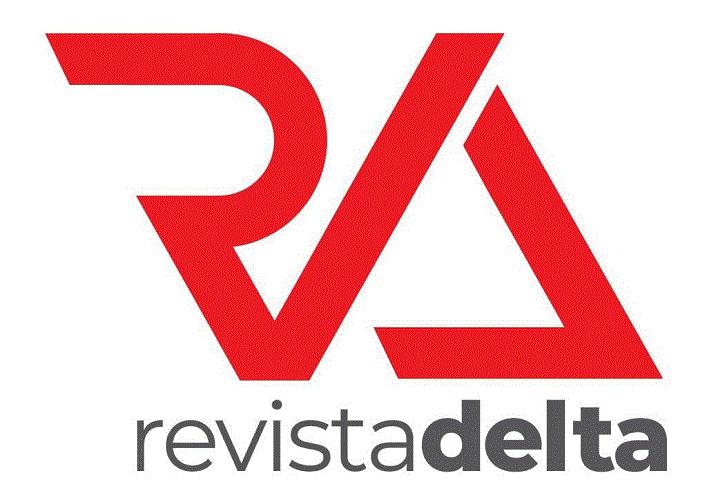The aims of this paper are (i) to propose a relational concept of digital literacies as an alternative to the ones found in the current literature, (ii) to justify the need for such a conception on the grounds of a socio-historic analysis of the relations among literacy, technology and inclusion, and (iii) to illustrate the usefulness of such a conception for research on digital inclusion within the field of applied language studies. The theoretical foundations comprise studies in digital literacies and digital inclusion, sociocultural theories of literacy, and multicultural theories of social inclusion, all of which are brought to relate to the dialogic conception of language. Vignettes taken from real situations are used to illustrate the operative potential of the theory. It is concluded that the proposed conception of digital literacies opens an alternative field of research in digital inclusion, but it demands an ethical stance that is congruous with a notion of inclusion founded on the agency and autonomy of social subjects in the face of transculturality.
literacy; digital literacies; digital inclusion; globalization

